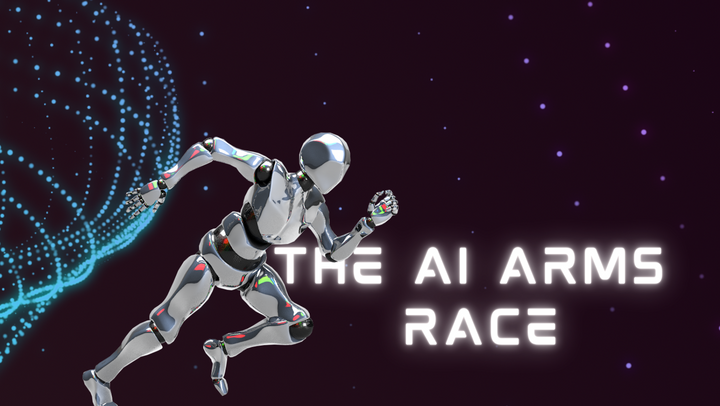Should ChatGPT Be Credited As An Author?

In recent years, technology has made leaps and bounds in terms of its ability to generate creative works. One of the latest developments in this field is ChatGPT, a machine-learning platform that can generate text on its own. This begs the question: should ChatGPT be credited as an author when its works are published? I believe that it is worth exploring the implications of giving credit to ChatGPT and the potential implications it could have for the literary world.
One of the world's largest academic publishers, Springer Nature has made its rules clear regarding AI writing tools in academic papers. The company announced that software like ChatGPT cannot and will not be credited as authors in scientific papers. The company has however come forward and stated that they welcome the use of AI tools, but it is vital that the authors disclose the contribution.
ChatGPT is an artificial intelligence (AI) technology developed by OpenAI, a research lab based in San Francisco. The technology is powered by a large-scale unsupervised language model called GPT-3, which stands for Generative Pre-trained Transformer 3. It is an advanced form of natural language processing that can generate human-like text on a range of topics.
ChatGPT can be used to generate news stories, blog posts, and even entire books. In the case of books, it can take a single sentence as input and generate a full story with characters and plotlines. It is a powerful tool that has the potential to revolutionize the way we create content.
There are several arugments that dispute whether AI content can be given true authorship or whether it should be explicitly disclosed that content was created and written by AI. Part of this is due to the fact that software and algoriths cannot be held accountable for work, cannot explain its work and discuss with others.
If the enture consensus is that AI shouldn't be an author then so be it. However, it is not that easy. There is much less clarity on what AI can acheive without a certain amount of human intelligence. To form AI written content, software still requires prompts and some amount of imput. Can we reach a point where softwares such as ChatGPT can be reffered to as co-author or editor? We'll see. Until then I am excited about what is happening with artificial intelligence and look forward to see more innovation and developments.
To read about Tej Kohli as an investor visit Kohli Ventures.
For more information on Tej Kohli as a philanthropist visit tejkohliruit.com and to read more of his views go to his Medium.
Find out more about Tej Kohli: Tej Kohli the technologist investing in human triumph, Tej Kohli the philanthropist trying to cure the developing world of cataracts and Tej Kohli the London tycoon with a generous streak.
| Follow: Twitter | Instagram | LinkedIn | Facebook | YouTube |




Comments ()